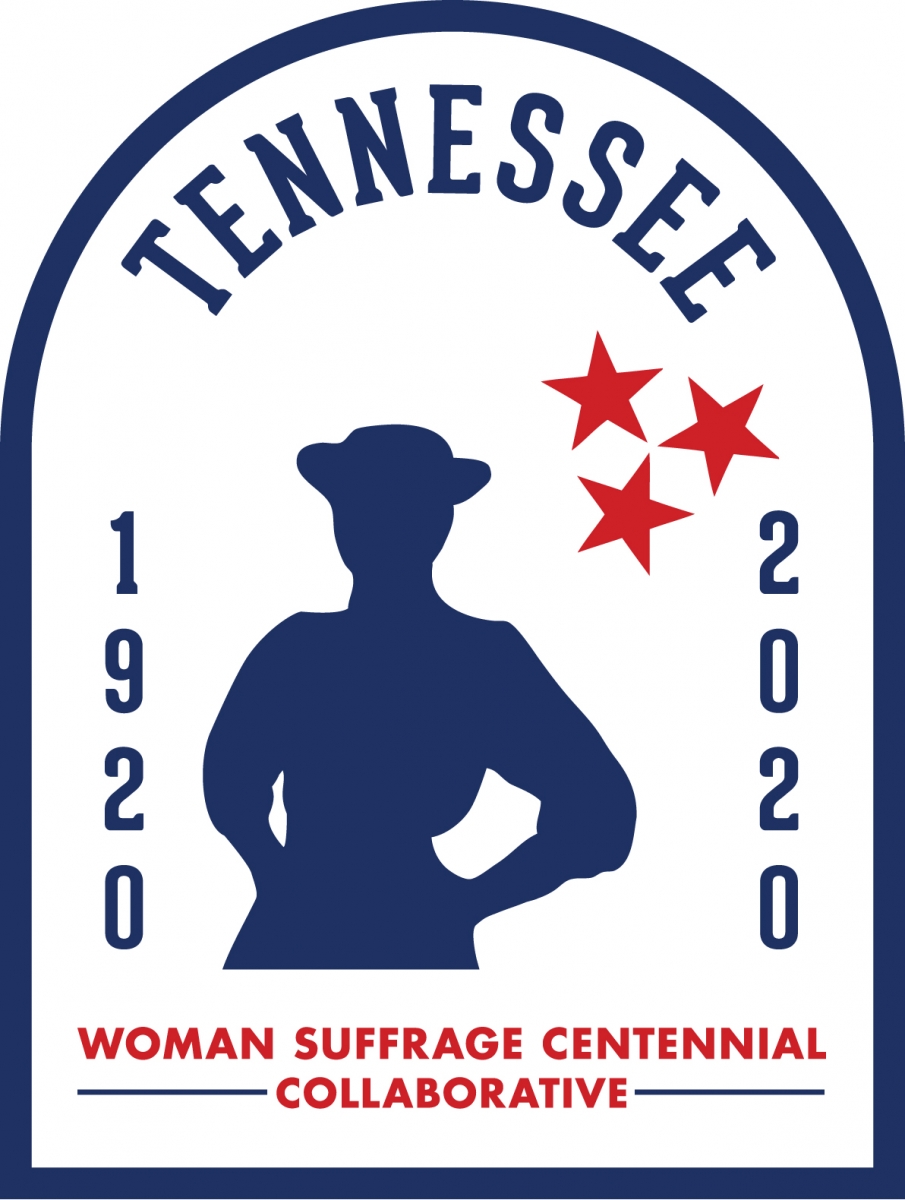
|
Second Floor Hours
865-215-8824, eths@eastTNhistory.org |
First Floor Hours
865-215-8830 |
Third Floor Hours
865-215-8801 |
Second Floor Hours
865-215-8800 |

The Road to Suffrage: Memphis
 The Road to Suffrage: Memphis
The Road to Suffrage: Memphis
The public is invited to attend a free program of the Tennessee Woman Suffrage Centenial Colaborative. For more information visit their website.
1PM—Dr. Nicole Etcheson, Alexander M. Bracken Professor of History, Ball State University
“When Women Do Military Duty”: Woman Suffrage in the Civil War Era
Most histories of woman suffrage represent the Civil War-era as a missed opportunity when women could have received the vote alongside black men but were abandoned by abolitionist men—black and white—who believed that it was “The Negro’s Hour” and withheld crucial support. But the Civil War created, rather than removed, obstacles to woman suffrage. Black men’s military service strengthened their claims to the vote and military service became the pre-eminent requirement for the vote in the late nineteenth century. Northern women failed to persuade Americans that their war work qualified as military service. They did not overcome the obstacle posed by military service until World War I.
2PM—Dr. Sarah Wilkerson-Freeman, Professor of History, Arkansas State University
Charl Ormand Williams: A Career in Suffrage
By examining the life and career of Charl Ormond Williams, my talk will explore something of the complexity of southern feminist political activism in the years prior to and following the passage of the Nineteenth Amendment. Williams, a native of Arlington, Tennessee, began her political career as Superintendent of Shelby County Public Schools during the 1910s. Her expansion and improvement of black and white schools in her districts made her a national leader in the public education movement. A powerhouse in the National Education Association, Williams worked to strengthen the influence of female classroom teachers and to place them on a more equal footing with male administrators. She was also a dedicated Democrat and supporter of President Woodrow Wilson. Recognizing Williams’ leadership among women as a significant political asset, Tennessee’s then Congressman Cordell Hull appointed Williams in 1919 to serve as the first female vice-chairman of the Democratic National Committee. To bring together fractured elements of Tennessee’s women suffrage movement, Governor Albert Roberts appointed her to chair the Women’s Steering Committee to convince Tennessee legislators to ratify the woman suffrage amendment. As the battle for ratification reached its apex in Nashville in 1920, Williams effectively exercised her personal influence in Shelby County, reputation among female educators and national woman suffrage leader Carrie Chapman Catt, and support of Tennessee’s Democratic political leaders in that final successful struggle. In the 1920s, Williams’ feminist activism rose to greater heights. She was elected president of the NEA and, in the 1930s, president of the National Business and Professional Women’s Clubs. Williams fought for equal pay for equal work and against gender discrimination in government, politics, business, and public education. She also worked for federal funding to equalize public education across regional and racial lines. In the 1940s, her close relationship with First Lady Eleanor Roosevelt enabled her to convene two White House Conferences, one to advance the roles of women in postwar policy-making positions and another to improve rural education for black and white children.
3PM—Dr. Beverly Bond, Associate Professor of History, The University of Memphis
'To Prepare Her for the Duties of Life': Envisioning Black Womanhood in Post-Emancipation Memphis
By examining the lives of particular African American women or African American women's organizations, Dr. Bond will examine how black women negotiated boundaries of race, class, and gender in Memphis in the second half of the 19th century. This is a period of dramatic social, political and economic change. I will focus on black women's 1) constructions of freedom and rights; 2) institution building; 3) challenges to segregation and racial violence; and 4) activities in the woman suffrage movement during this time.








